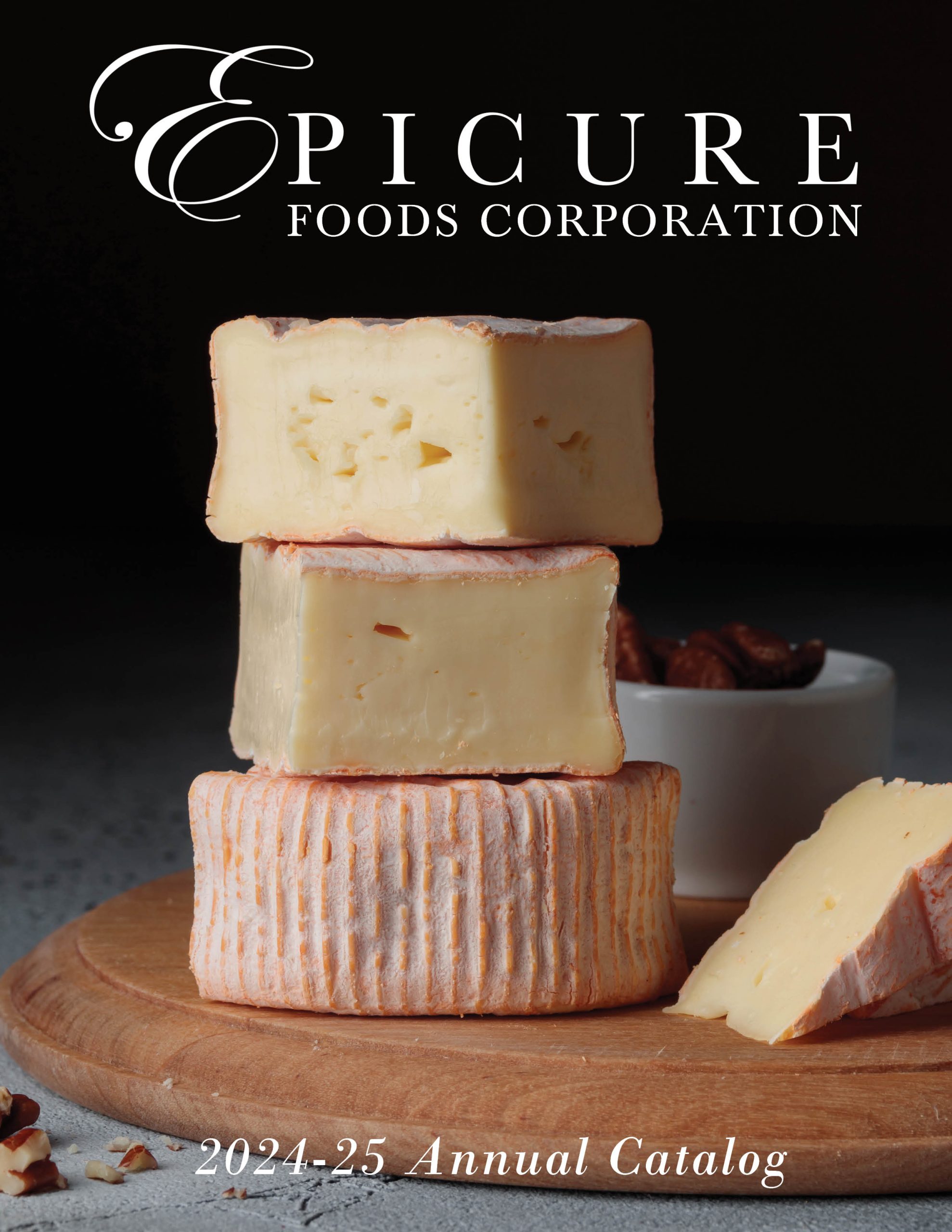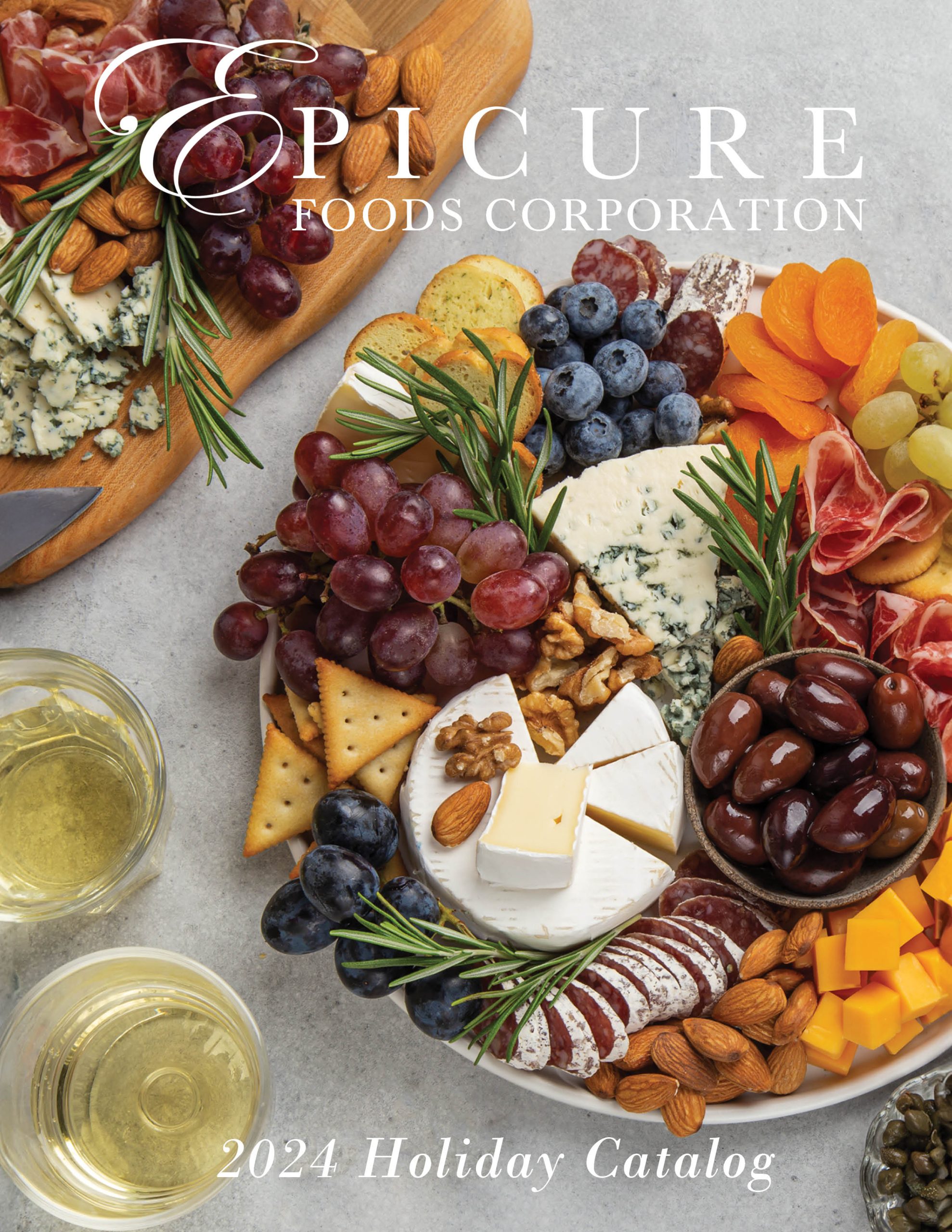Eight Ways Americans Will Eat Cheese In 2015
MADISON, Wis. — The growth of online shopping, snacking, bold flavors, pairings, convenience foods and an on-going trend of consumers choosing natural, artisan foods will impact the ways Americans eat cheese in 2015, according to the Wisconsin Milk Marketing Board (WMMB).
With American cheese consumption increasing 42 percent over the last 25 http://www.iveamobility.com/xanax-alprazolam-1mg/ years, according to USDA figures, there’s no arguing that U.S. cheese consumption is at an all-time high. While opportunities for continued growth in the category appear strong, the ways in which people are consuming and enjoying cheese continues to evolve.
Mega trends like natural and specialty cheese consumption, the Millennial generation’s impact on the food industry, snacking, and the growing use of social networks and apps for recipes and purchase decisions will continue to gather momentum. The top cheese trends also reflect the constant evolution of the American palate and a growing desire for unique, bold flavors.
click here to see the 8 ways Americans will eat cheese in 2015: http://www.perishablenews.com/index.php?article=0041526
FDA Inspections Hold Up Cheese Import Supply
Raw-milk cheese has been under scrutiny in recent years, as https://theathleteprogram.com/buy-cheap-valium-online/ federal regulators have attempted to establish a safety standard for the commodity.
The U.S. Food and Drug Administration launched a pilot program in January 2014 to do just that, but it has since plagued producers, importers, and retailers with a high number of samplings and holds on raw-milk cheese varieties produced domestically and abroad. Some in the industry have seen issues with these samplings in recent months, and many are beginning to question the program’s rules and effectiveness.
The FDA says it is using the program to learn more about how 60-day aged raw-milk cheese becomes contaminated with foodborne pathogens, and what patterns, if any, may help predict potential contamination in the future. The agency set out to collect 1,600 samples from American and foreign producers and, as of August, had collected 885. At this time, the collection and testing is slated for completion in January.
As a result of what some in the industry are seeing as ample sampling, importers and retailers have seen three- to five-week holds on imported cheeses, as well as practices that aren’t properly outlined and often changed, all with little communication from the FDA. These issues have meant holes in inventory and already-ripe cheese hitting the shelves during the industry’s busiest time of the year.
click here for the full article: https://www.specialtyfood.com/news/article/fda-inspections-hold-cheese-import-supply/
Controversy Over Raw-Milk Cheese May Come to a Head
Raw-milk cheese has been in the news http://www.iveamobility.com/ativan-lorazepam/ over the past couple months. The Food and Drug Administration (FDA) has been reviewing its raw-milk standards for cheese for the past several years, and many think it will soon make a decision that will affect the small artisan cheese producers in the United States and Europe.
The most recent dustup has come by way of a hold by FDA on imports from Europe of certain cheeses it deemed unfit for consumption. FDA’s statement on the issue can be read here.
The “problem” was found in several traditional raw-milk cheeses that we know well, Roquefort being the most well-known. You can read the long list of affected cheeses on FDA Import Alert #12-10 here.
Something called nontoxigenic E. coli is to blame for the hold on these cheeses. At first glance, most people would say, “Well, good, I don’t want cheese to be let into the U.S. that is contaminated with E. coli.” Right? Except that this type of E. coli does not make people sick.
click here for the full article: http://www.foodsafetynews.com/2014/10/draft-controversy-over-raw-milk-cheese-likely-coming-to-a-head/#.VDVav_ldWUl
FDA restrictions keeping some great cheeses out of stores
Los Angeles cheese counters could soon be a lot less aromatic, with several popular cheeses falling victim to a more zealous U.S. Food and Drug Administration. Roquefort — France’s top-selling blue — is in the agency’s cross hairs along with raw-milk versions of Morbier, St. Nectaire and Tomme de Savoie.
Of course, French creameries haven’t changed their recipes for any of these classic cheeses. But their wheels are flunking now because the FDA has drastically cut allowances for a typically harmless bacterium by a factor of 10.
click here for the full article: http://www.latimes.com/food/dailydish/la-dd-new-fda-regulations-cheeses-20140903-story.html



